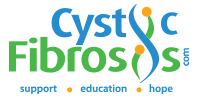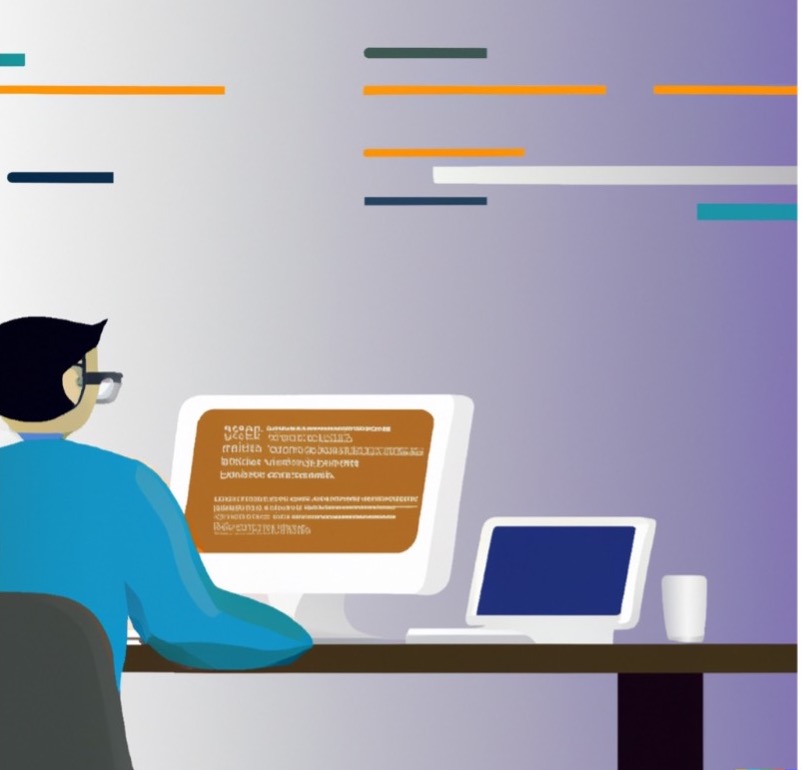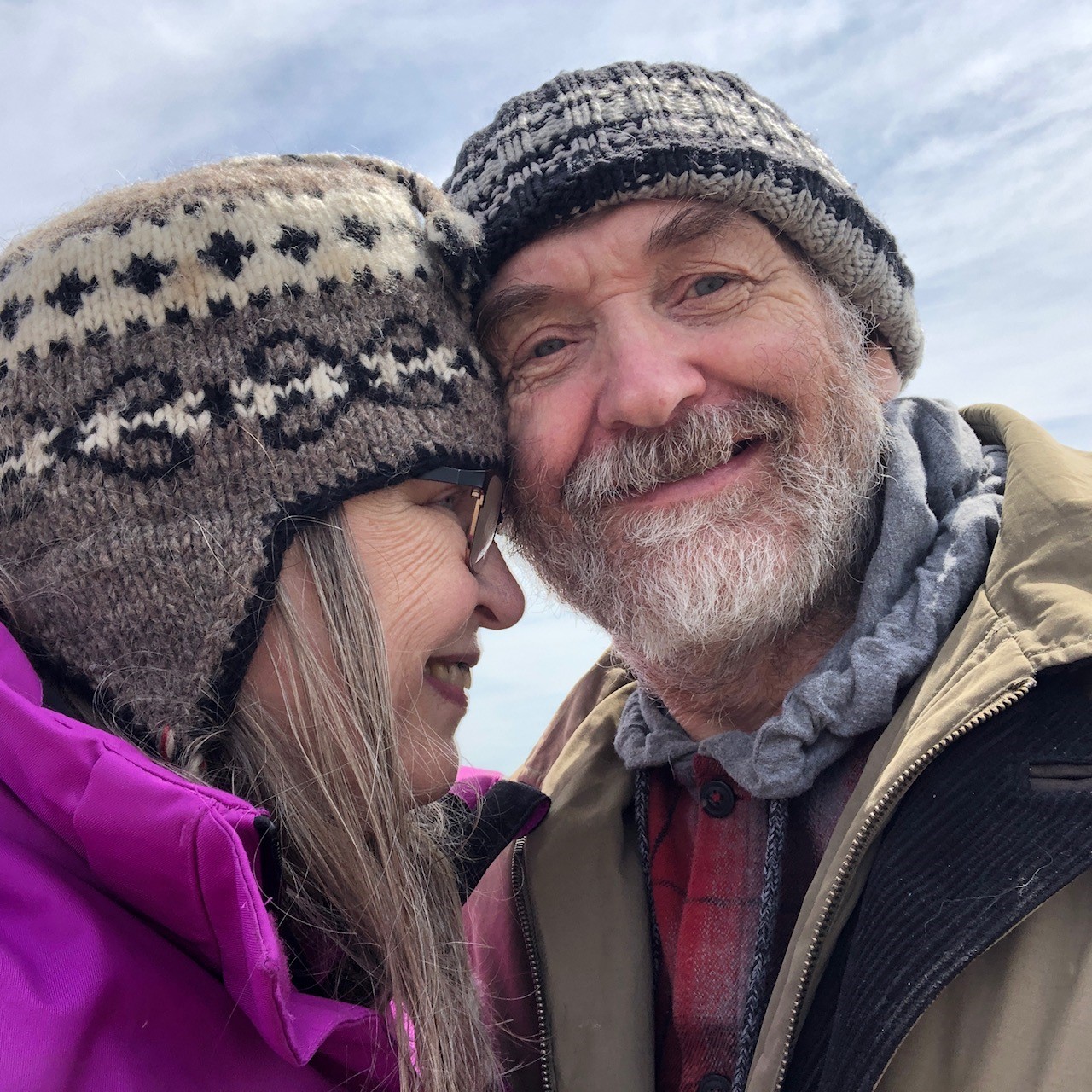Cystic Fibrosis and Menopause
– Written by Aoife P. R.
28 and Menopausal
Okay, so you’re probably wondering why I’m writing about this topic at such a young age. You’re probably thinking, “What could this young person possibly have to tell me about this latter in-life hormonal change?!” And that’s fair, I mean I too question how the heck this also ended up being something for me to experience! But we roll with it!
As you may have previously read in some of my earlier blog posts, I was diagnosed with Cervical Cancer at 27 years of age. Following my successful oncology treatment, I was left with medically-induced peri-menopause, -just in a case dealing with a Cancer recovery alone wasn’t enough!
The Onset
For me, menopause crept in slowly, but once it arrived, there was no denying its presence.
Unfortunately, as my Cancer was hormone triggered, I’m not eligible to take Hormone Replacement Therapy (HRT), and so, I’ve had to deal with it cold turkey. But cold, I was not!
The menopause came in loud and obnoxious, to begin with. I had hot sweats in bed, hot flushes during the day, anxiety, hair loss, migraines, insomnia, low energy, and low moods. To be honest, I didn’t know what to expect, and it took me some time to ‘join the dots between my symptoms and the cause of them. I felt under-informed on the topic and struggled where to find information on menopause alone, never mind how it might affect my CF. That’s what has prompted me in writing this piece for you all, so even if it’s not relevant to you now, you can go back to it at a time when it is.
So What Exactly is Menopause?
There are three stages of Menopause, they are; Peri-menopause, Menopause, and Post-Menopause.
Perimenopause refers to the first stages of menopause, the time when your body is transitioning to menopause. According to the Mayo Clinic, this transition generally lasts for about 1 year. During perimenopause, the body is coming towards the end of its reproductive years.
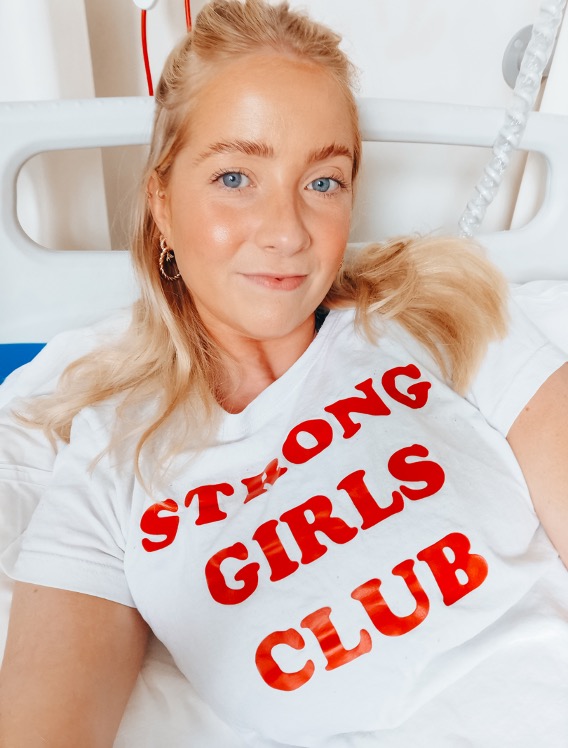
Menopause is defined as the last menstrual period. Periods occur due to hormones produced by the release of oestrogen and progesterone from the ovaries. As we age, our hormone production naturally reduces. The declining level of hormones, particularly oestrogen, is believed to cause the menopausal symptoms that we experience.
There are over 40 different menopausal symptoms. Early menopausal symptoms include;
- Night sweats
- Hot flushes
- Heart palpitations
- Shortness of breath
- Chest tightness
- Headaches/Migraines
- Fatigue
- Dizziness
- Moodswings
- Irritability
- Anxiety
- Decreased sex drive
- Poor sleep pattern
- Difficulty concentrating
- Forgetfulness
It is also important to be aware of the symptoms related to the later stages of menopause. These include;
- Discomfort when passing urine
- Increased frequency of passing urine
- Urine infections
- Leakage of urine
- Vaginal dryness
- Dry skin
- Dry hair
- Brittle nails
The average age for the last period is generally between 50 and 51 years old. However, there is a wide variation with early menopause occurring in some people under forty-five years old and some women continuing to have periods up to age 56 or 57. There are many medical conditions or therapies/surgeries that may cause the body to go into premature menopause, similar to my own experience.
Post-Menopause is simply the period after someone has gone through menopause. At this point, menstruation has ceased for more than 12 consecutive months, and the body is no longer ovulating.
Cystic Fibrosis and Menopause
So how has menopause affected my CF? Well really, in so many ways! It has been a huge balancing act trying to ensure my CF health has stayed well, alongside helping my hormonal changes and my overall mental health too!
For me, menopause aside, disturbed sleep really affects my energy and lungs. If this happens regularly then I’m really in trouble! I feel run-down, fatigued, congested, and in a bad mood. I usually even end up catching some sort of a chest infection or virus because of it too. So when I first started to experience insomnia, anxiety and sweats in bed, I knew I was in trouble! Eventually, I invested in a lighter duvet, and a cold pad for my pillowcase and subscribed to the Calm App. I also started to take Magnesium and cut down on caffeine, sugar, and alcohol as all of these can increase your menopausal symptoms.
Then came the migraines, these were completely debilitating. I couldn’t leave the house as I needed close to complete darkness! I couldn’t study my online courses as I couldn’t look at a screen – even in dark mode! I tried everything I could think of to help the pain, but I had so many failed attempts until I randomly looked up a Tai Chi video on YouTube and I can honestly say that it shifted the pain almost immediately. I believe now looking back with the knowledge I have gained since, that there must have been some stagnant energy trapped in my body that was making these migraines so persistent and terrible. To this day, nothing gets rid of a migraine for me as well as a quick Tai Chi session!
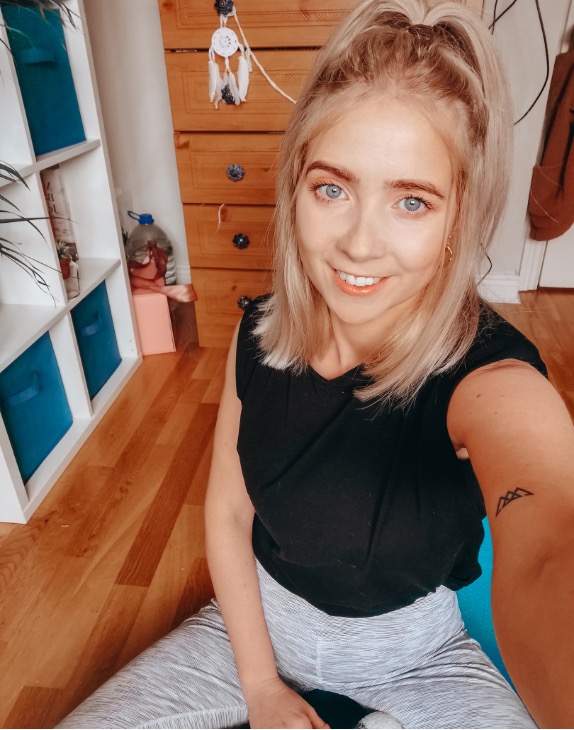
The anxiety came fairly rapidly too. It arrived in a rush of a hot flush, nausea, and palpitations. It was like nothing I have ever experienced and I knew straight away that this was something I needed to get on top of! I was also experiencing low moods, which eventually led to depression. I flagged this with my Oncologist and she prescribed a daily dose of an anti-depressant and anti-anxiety medication called ‘Efexor’. This medication has been life-changing for me! It gives me the energy to do the other things that I know help my well-being which is great for those days that it all feels like too much hard work! Efexor is also known to aid with hot flushes and I haven’t experienced any since starting this medication.
There really are so many different ways that menopause was affecting my CF health, I could talk about them all day long really! But I won’t because I think you know yourself, once our bodies are dealing with any other stressors that may weaken our energy or immune system, our lungs and digestive system get the hit of it in some way or another.

I just want to take this time to advise you to become informed as early as you can on what to expect from menopause and what can help the most with the symptoms it brings.
I’ve made a little list below of what I’ve found the most helpful so far:
- Anti-anxiety medication, Efexor
- Magnesium
- Probiotic, Aflorex
- Tai Chi
- Decaffeinated teas and coffees
- Reduction of alcohol
- Regel for vaginal dryness
- The Calm App for sleep
- Lighter duvet
- Silk pillowcase for cooling
- Cold pad for pillowcase, JML brand
- Salt lamp for relaxing atmosphere before bed
- Acupuncture
- Reflexology
- CBD oil for anxiety
– Written by Aoife P. R.
